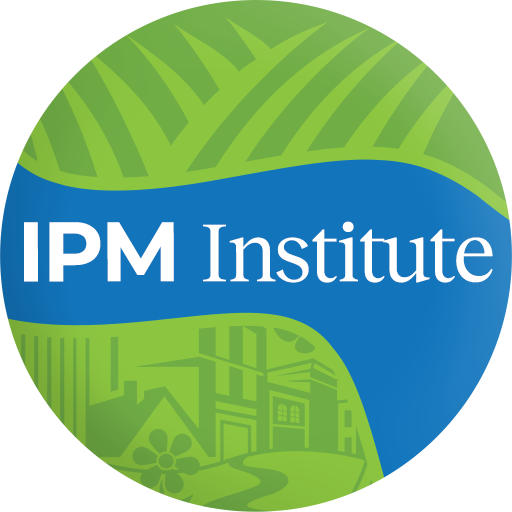We are proud to have partnered with long-term client Honeybear Brands to set, track, integrate and report on goals in four key sustainability areas: climate, food loss, packaging, and pollinators. In doing so, Honeybear Brands hopes to become part of the transparent and rapid change needed to heal our planet.
Honeybear Brands and Sustainable Food Group
We have been working with Honeybear Brands and their experienced crop advisors for over ten years. Together, we developed the TruEarth label, a certification for responsibly and sustainably grown fruit. The TruEarth program is currently being rolled out to all of Honeybear Brands’ growing partners located in the Upper Mississippi River Valley. Recently, Honeybear Brands won an International Integrated Pest Management Symposium Award of Recognition for the TruEarth program. For more information about TruEarth, please click here.
Setting high-impact sustainability goals
In order to take sustainability a step further, Honeybear Brands and Sustainable Food Group expanded our partnership. Sustainable Food Group identified opportunities for the brand in four key sustainability areas: climate change mitigation; pollinator health; food loss and waste; and sustainable packaging. After researching and mapping Honeybear’s value-chain impacts and opportunities in these four areas, the following goals were set:
- Honeybear Brands will be implementing pollinator conservation practices on 100 percent of US orchards supplying their fruit and increasing pollinator abundance including developing 50 acres of pollinator habitat by 2025.
- Honeybear brands will use zero plastic in Honeybear branded packaging by 2030.
- Honeybear Brands will achieve zero food waste (to landfill) from farm to retail by 2025.
- Honeybear brands will be carbon neutral by 2040 by sourcing 100% of electricity used at Honeybear Brand facilities from renewable sources by 2025 and reducing greenhouse gas emissions 15% in Honeybear Brands’ operations by 2030.
Honeybear Brands Vice President of Sales and Marketing, Don Roper, said, “Our goals are aggressive, but we believe it’s our responsibility to be stewards of the land. It’s important to act now, and we hope to inspire others to set and achieve their sustainability goals too.”
After making a implementation plan for Honeybear Brands to help implement and reach their goals, we are currently collecting and analyzing data and information related to the goals in order to establish methods to measure and report on progress annually.
Importance of sustainability goals
Setting sustainability goals is one way for companies to drive positive social, environmental and economic impacts. Sustainability goals provide focus, help organizations break down and manage the complexity of sustainability challenges and help drive innovation. In addition, they can strengthen reputation and trust between the company and the consumer, especially through annual reporting.
Sustainability goals are not a guarantee for success: their success depends on a variety of factors including an organization’s culture, leadership buy-in, accountability and the alignment of sustainability goals with the organization’s vision and purpose. The integration and implementation of the sustainability goals into Honeybear Brand’s organization and daily activities will therefore be an essential part of the project.
For this work with Honeybear Brands, we leveraged our experience working with national food retailers on sustainability program development and implementation, including Whole Foods Market, Sysco, Frontier Co-op, and the Potato Sustainability Initiative with McDonald’s potato processors. We look forward to continuing our work with Honeybear Brands towards their goal of becoming a sustainability leader in the apple industry.
Annual reports


